One of the most widely consequential inventions of all time – the self-propelled carriage – emerged in the mid-1880s from Germany, courtesy of Karl Benz and Gottlieb Daimler, and it was a business deal with the latter that sparked the British automotive industry into existence at an old cotton mill in Coventry.
As the 20th century dawned, cars grew steadily in popularity among the monied few – until the 1920s, when truly affordable models started to emerge thanks in no small part to the rapid and vast industrial expansion that the First World War had necessitated.
For the masses
Across the pond American firm Ford was forcing down the cost of its Model T using its novel production methods, and so too was this the case at its factory in Manchester.
Meanwhile, alongside a cottage industry scattered around the land were the busy factories of Coventry, producing several thousand cars annually at each. Fittingly, the first car The Autocar fully evaluated was an affordable Rover, the 8hp saloon.
Some 18,000 of these would be made in just five years, thanks in large part to continual price reductions, as seen with the Model T. It was £230 at the time of our 1920 article – £8640 in modern money, or about 10% more than the average annual wage for a male factory worker.
“Judging from the performance of the car on the road, the interior workmanship of the running gear has not in any way been allowed to approach an inferior quality with a view to cheapness of manufacture,” we reported.
The fact that we weren’t too bothered about the cruising speed being just 28mph, the two-cylinder engine giving “a slight thump with each explosion” and the suspension having “a slight tendency when traversing exceptionally bad spots for the back of the car to give little sideway kicks” only goes to show that automotive engineering, while by that point mainstream, was still very much in its infancy.
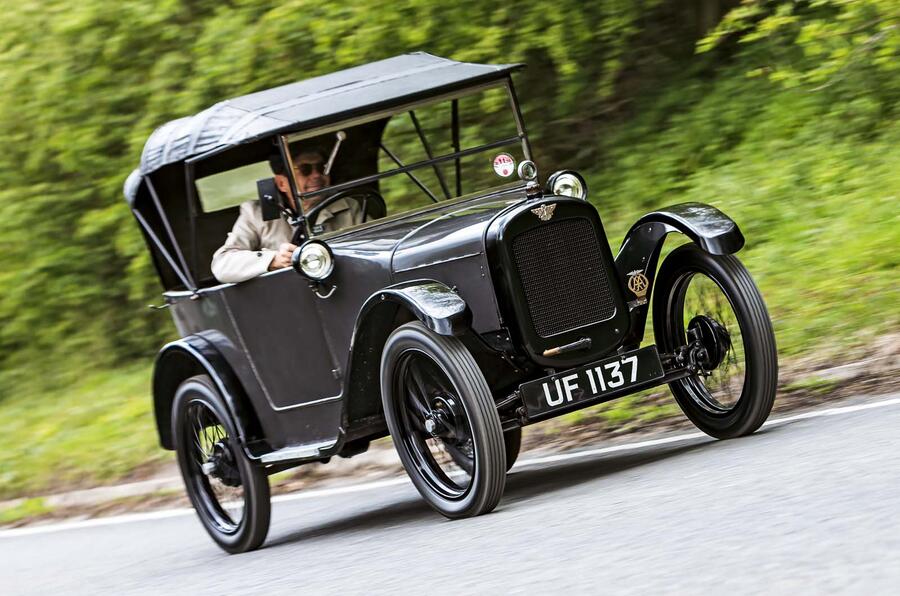
What better demonstration of the democratisation of personal transport than the fact that, just eight years later, the similarly conceived Austin 7 that we tested was not only a far better car but also only £170 – despite being a fancier fabric-roofed saloon variant.
“The little machine is very comfortable in all ordinary circumstances,” we said. “Below 20mph the engine is rough and noisy; above that speed it becomes smoother, and the faster the engine goes the quieter it becomes.
"The turning circle is not small, but the fact that the car is so easy to handle makes this of very little performance.” Production would end two years later with almost 300,000 cars having been made, with Birmingham’s Austin and its Oxford rival Morris contributing more than half of the British total.

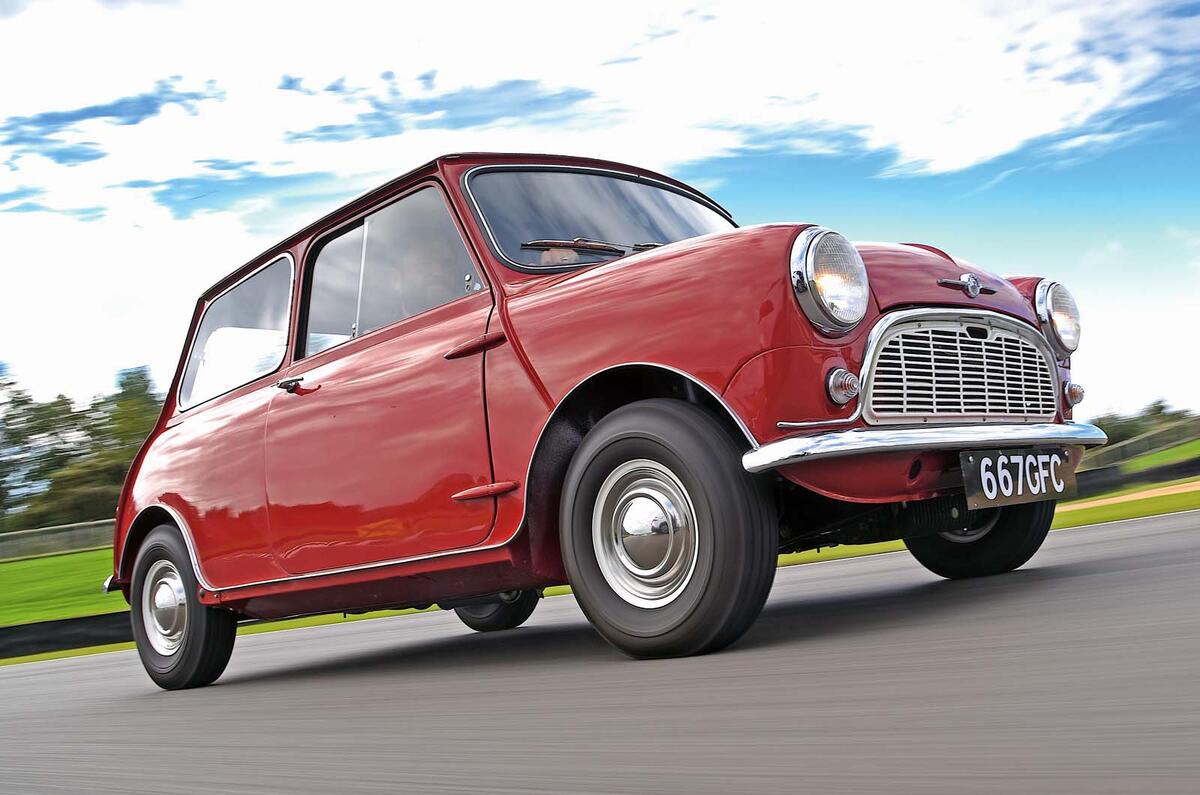

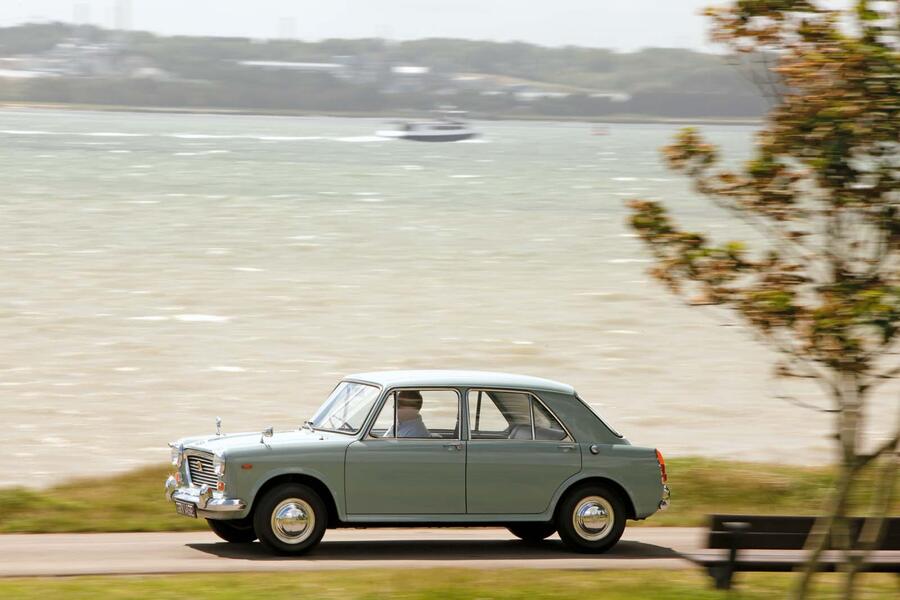
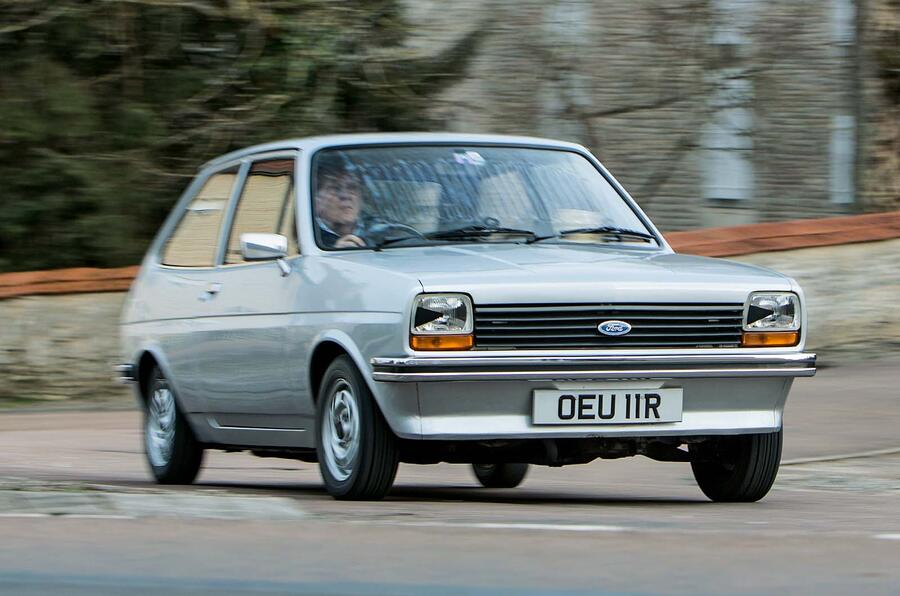
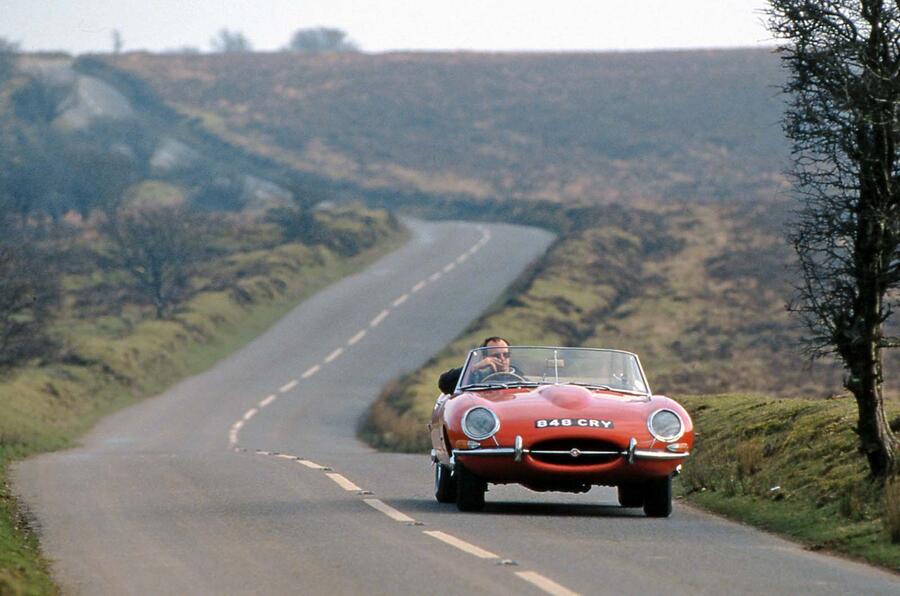
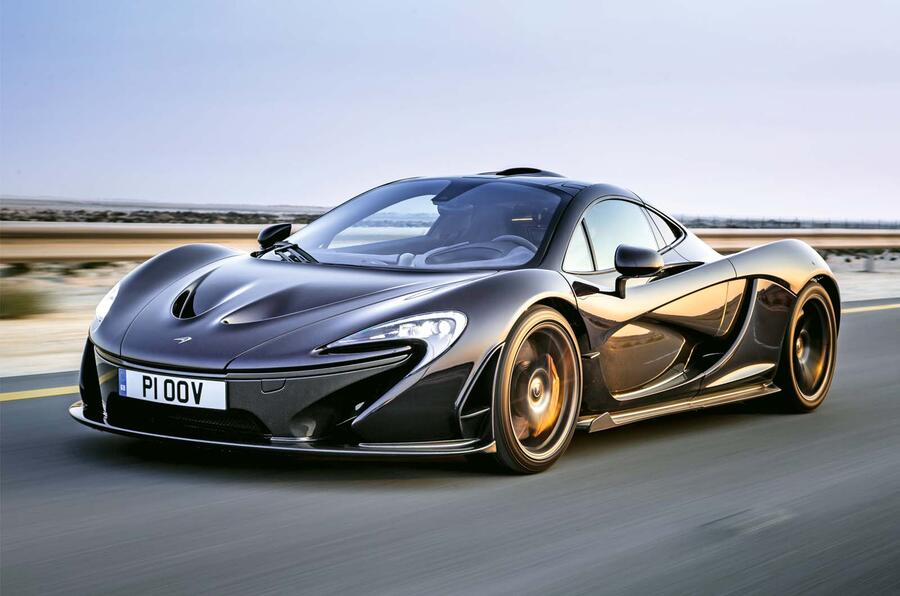
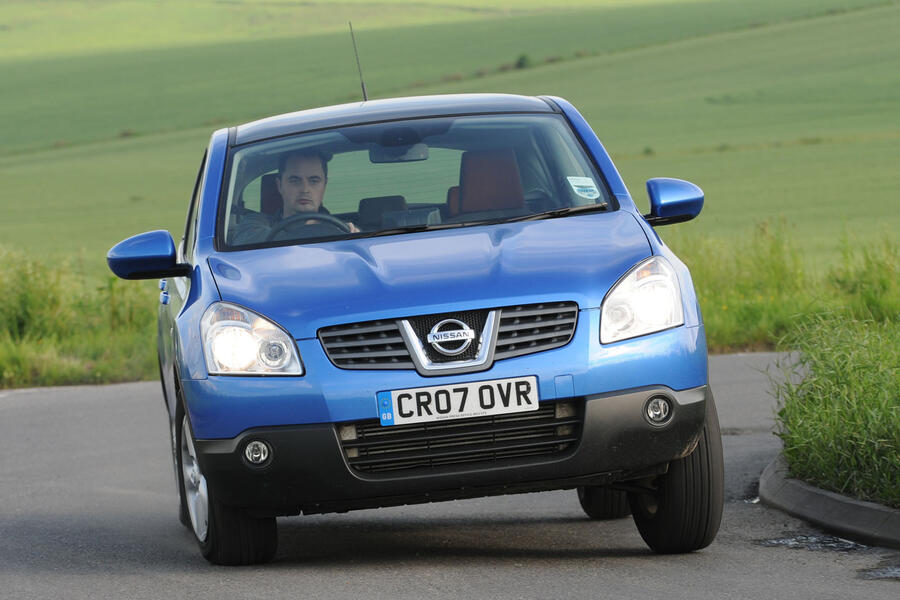

Add your comment